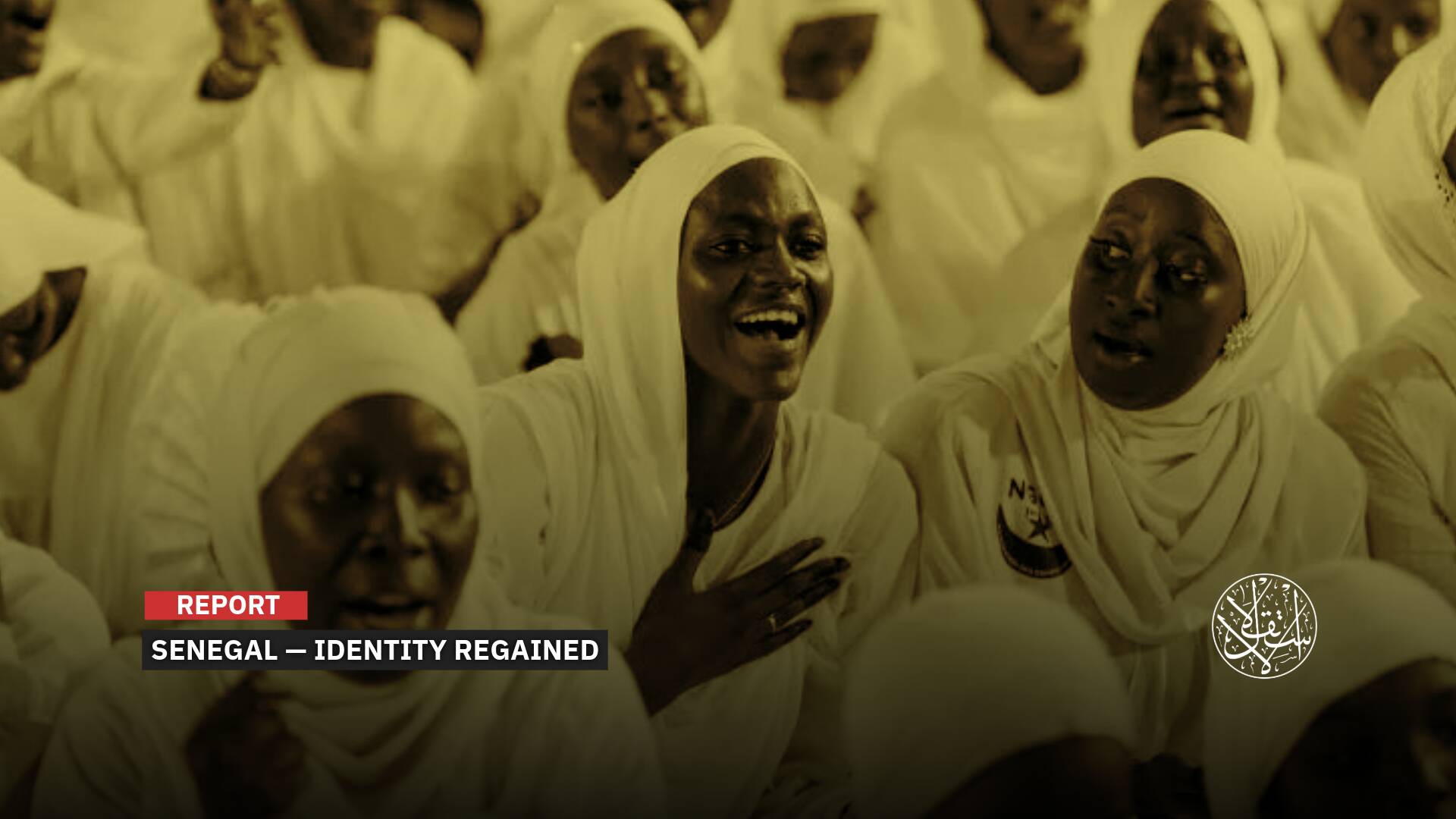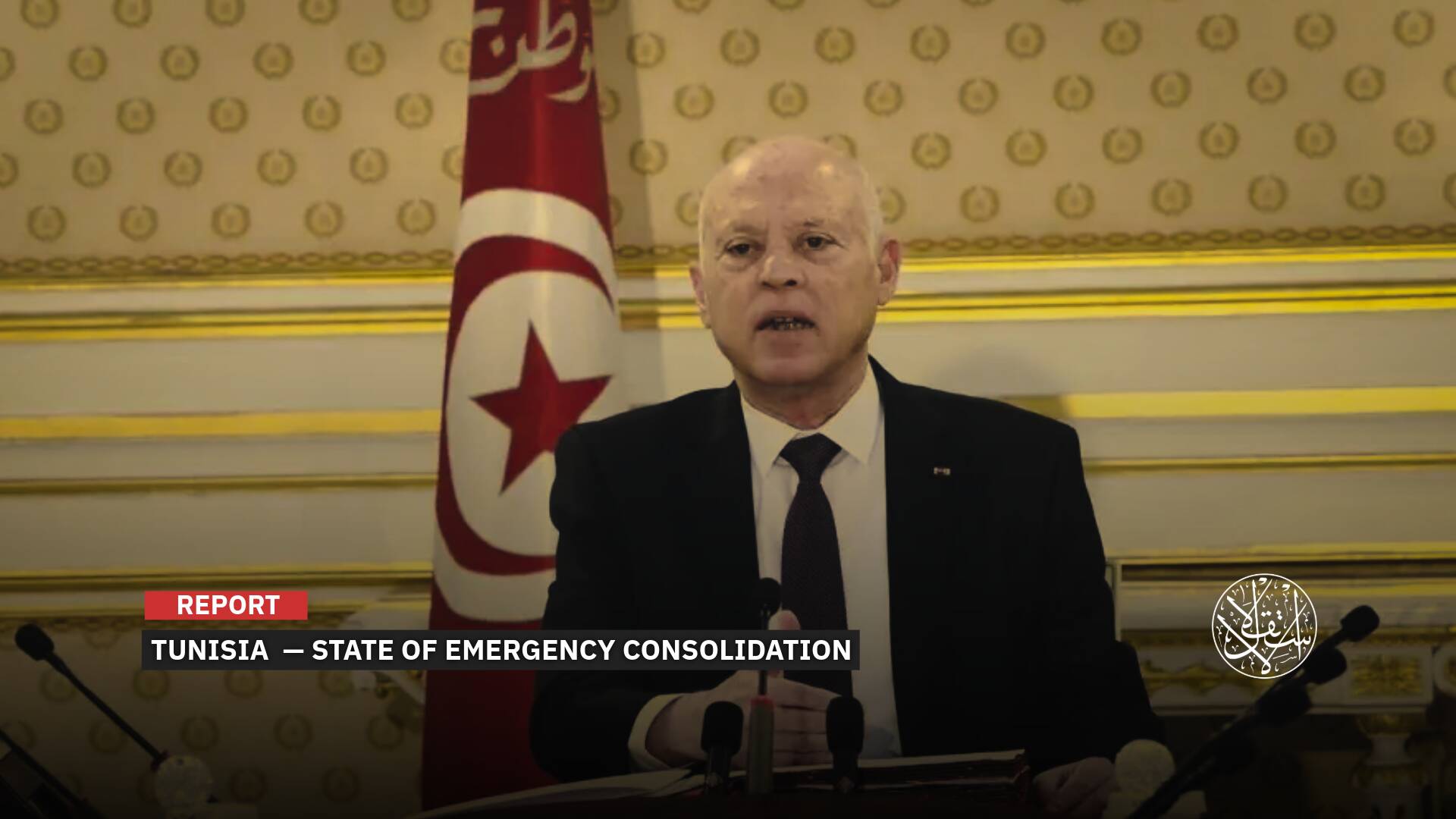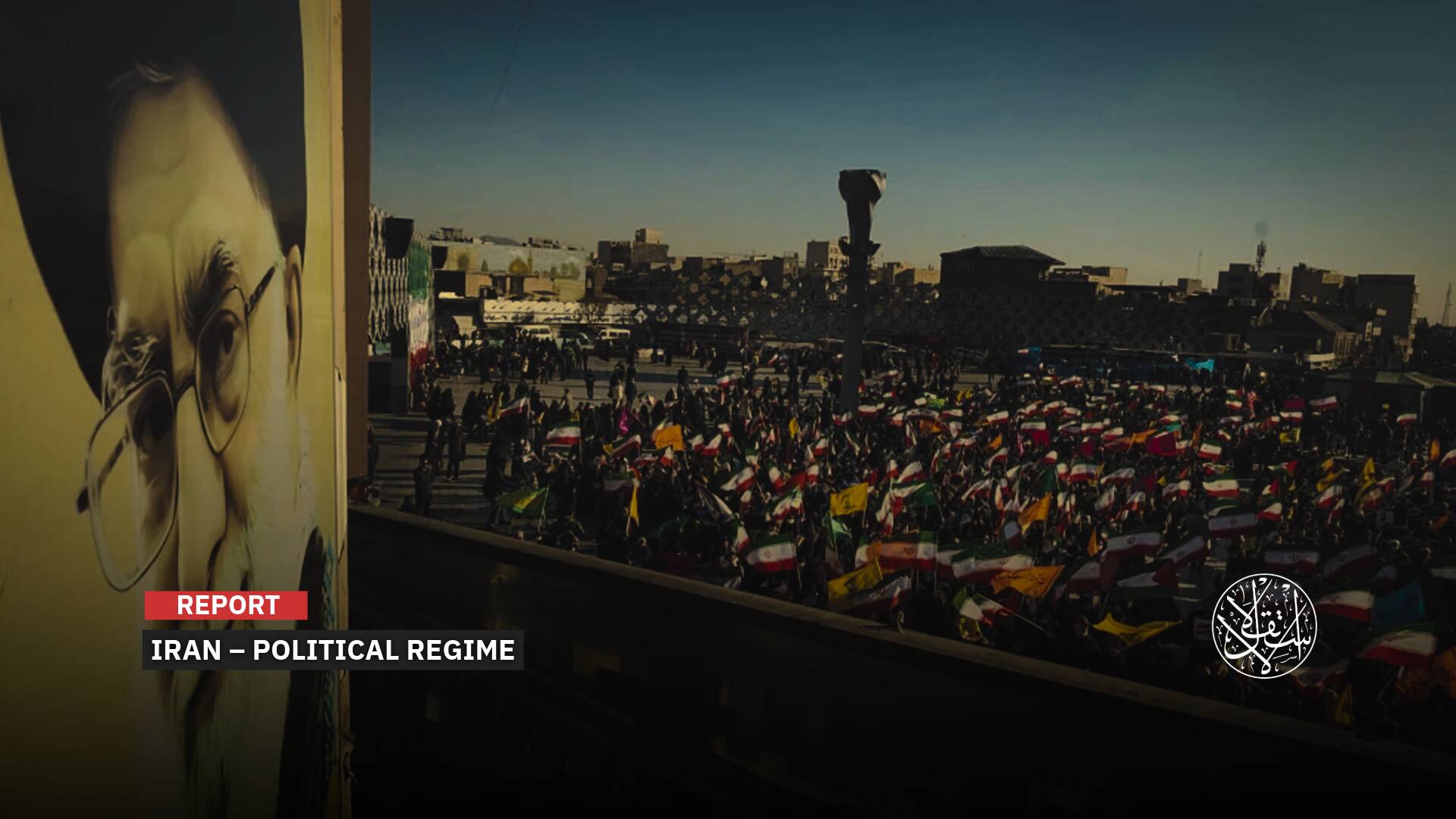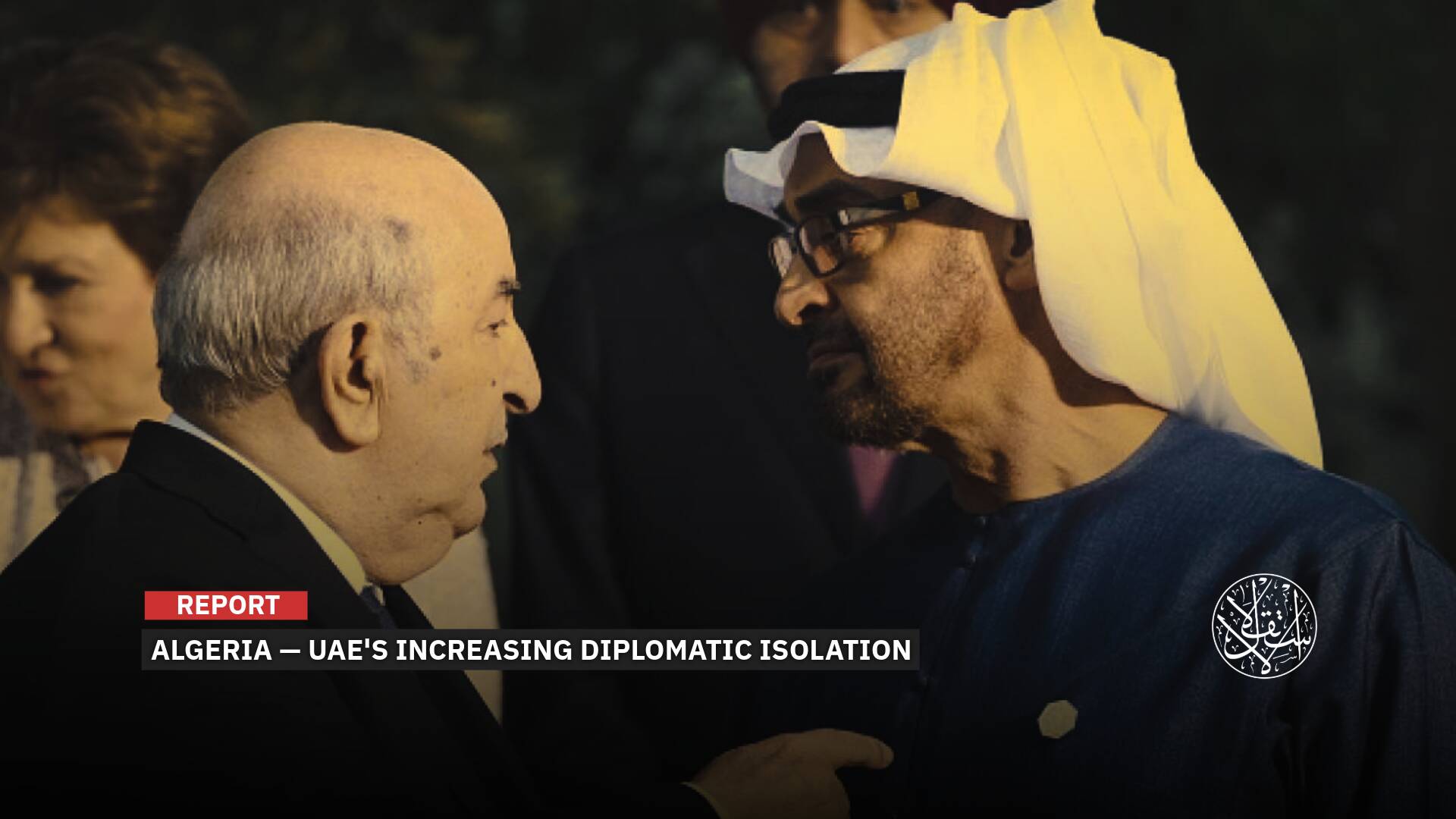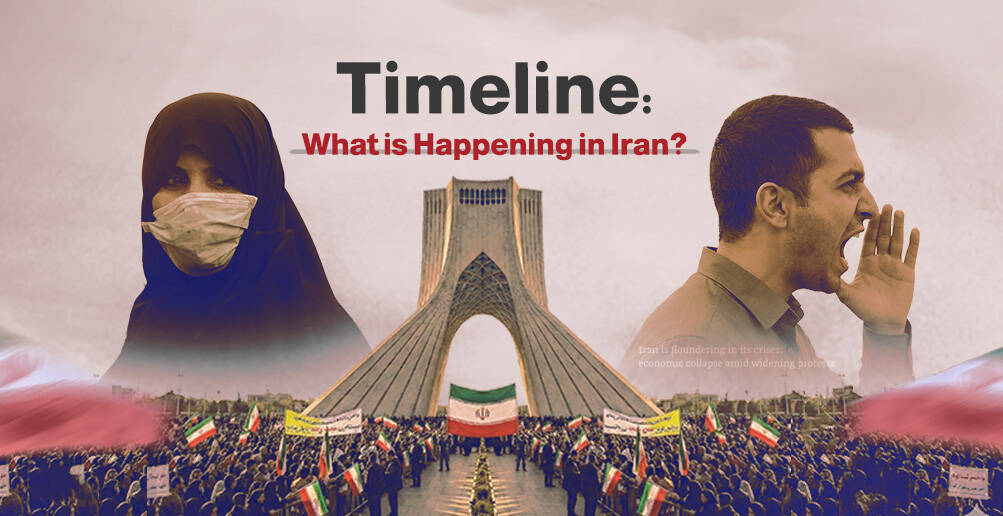How Lebanon's Citizens Migration From Living Conditions Deterioration Is Changing Demography

Lebanon's economic crisis that started in 2018 have prompted many young Lebanese citizens to migrate, in search of new hope and a better life, amid fears of an end to religious pluralism unique to the Republic.
According to figures from the International Information Center for Studies (local/independent), "2019 was a pivotal year on the modern Lebanese migration line, with 66,806 young immigrants from Lebanon, with an increase of more than 100 percent from 2018 when they reached 33,129."
The countries that young people are migrating to vary with their cultural backgrounds, religious beliefs, and future interests, while this migration has serious implications for the Lebanese demographic level, particularly Christian ones, because it is reminiscent of the old waves of migration that the Lebanese Christian has taken in search of stability.
Third Wave
In late August 2021, the Crisis Observatory of the American University of Beirut (a well-known study center) prepared a report monitoring what it described as the "third wave of immigration" the country is experiencing, witnessing a marked rise in immigration rates, as well as in those seeking it, warning of its long-term consequences for Lebanon's fate.
According to the Observatory's classification, the first wave occurred during World War I in 1914, with an estimated 330,000 people migrating from Mount Lebanon, ancient Lebanon according to the official state view.
The second wave occurred during the Lebanese civil war (1975-1990), when the number of immigrants was estimated at 990,000.
According to the Observatory, mass immigration is taking place in countries in deep economic crises, as crises are pressing the population to leave in search of security, safety and livelihoods.
This applies to Lebanon as the economic crisis, which is reflected in all aspects of life, worsens, and the value of salaries collapses in local currency, where the exchange rate of one dollar exceeded 20,000 Lebanese pounds, while the minimum wage is less than $30 per month, compared to a significant rise in the prices of goods and food exceeding 600 percent.
In addition, unemployment has risen above the 40 percent threshold, according to UN reports, while the poverty rate has exceeded half of the population.
The Observatory presents three worrying indicators in Lebanon regarding its entry into a wave of mass immigration that is expected to extend for years, the first is the high chances of migration among Lebanese youth, with 77 percent indicating considering and seeking migration, the highest among all Arab countries, according to the 2021 Arab Youth Survey report.
The second indicator is the massive migration of specialists and professionals, especially medical and nurse workers, and in the educational sector of university professors and teachers in search of better working conditions and income.
The third is the prediction of the prolongation of the Lebanese crisis, the World Bank estimates that Lebanon needs, at best, 12 years to return to the levels of GDP recorded in 2017, and at worst to 19 years.
Turkey and Cyprus
Lebanese migration is spread over the six continents of the world, and Lebanese who wish to leave their country's crisis are looking for a country that gives them what they lack in their home country; employment, stability and safety, indifferent to any other factors.
In this context, there are countries that are a prominent destination for the recent wave of Lebanese migration, firstly Turkey.
In a report prepared by researcher Farah Mansour, published in the online newspaper Al-Modon on November 4, 2021, she explains why Lebanese prefer to emigrate to Turkey.
The researcher considered that the decision to cancel visas between Lebanon and Turkey in 2010 is one of the most important factors that led young people to migrate to Turkey, in addition to opening the door for foreigners to invest, and then to obtain Turkish residence and citizenship for stability, and the investment environment in this country is more attractive than other countries.
Mansour mentioned other equally important reasons that contribute to attracting Lebanese to Turkey, the foremost of which is the low cost of living compared to Arab and Western countries, in terms of housing, transportation, food and others.

In addition to the religious motivation that attracts Sunnis in Lebanon to emigrate to Istanbul, Cyprus is a haven for the wealthy Lebanese and a large part of the middle class.
"The Lebanese who have chosen to settle in Cyprus are mostly well-off, who have money but cannot afford to meet their different needs in Lebanon because of their loss of markets," said journalist Inas Shri.
In a report on the “Legal Diary” website on October 21, 2021, she explained that the only French school in Nicosia today has more than 250 Lebanese students (French is still the most commonly used in Lebanese public and private educational institutions), and that there are 700 applications for Lebanese students, most of whom are on the waiting list for the next academic year.
Cyprus' ambassador to Lebanon, Panayiotis Kyriacou, reports a dramatic rise in Cyprus visa demand, noting that from June 2021 to mid-October, the applications for Cyprus visas exceeded the mean visa applications per year, which is 40,000-60,000, away from those whose visas are previously valid and those who hold a Schengen European visa.
George Shahwan, president of the Lebanese-Cypriot Business Council, said his company alone has sold more than 160 apartments to Lebanese in the last six months, confirming that there are 15,000 Lebanese who own apartments on the island.
A common cause of Lebanese migration to Turkey and Cyprus is the proximity of the two countries to Lebanon and the ease of movement between them and the motherland, and just as Turkey is more attractive to Muslims, Cyprus is more attractive to Christians.
Christian Bleeding
However, the numbers of immigrants to Cyprus in particular are a concern among the Christian community in Lebanon, particularly the Maronite Church, because of the much higher immigration rates among Christians than Muslims.
Father Tony Khadra, president of the Labora Foundation for Monitoring Poverty and Unemployment, particularly among the Christian community, estimates that 230,000 citizens left Lebanese territory during the first four months of 2021 to emigrate.
The impact of migration on the demographic reality of Christians is mainly skewed in favor of Muslims, where there is a clear and old gap between the numbers of Christians and Muslims in Lebanon, and the migration of Christian youth contributes to its deepening.
This reality prompted the Maronite Patriarchate to launch associations seeking to establish a Christian in his land, one of which was launched in 2013 by the Center under the slogan "The land remains our land, the symbol of our existence".
The Labora Foundation was launched in 2008 to encourage Christians to engage in state institutions and organs, through training, education and preparation courses for official entry matches.
A study conducted by the International Information Network shows that Christians' fear of migration is justified, as the study showed that their numbers have declined significantly since the last official census of the population in 1932.
While Christians made up 58.7 percent of Lebanese, compared to 40 percent of Muslims, the landscape was completely reversed in 2018, with Christians falling to 30.6 percent and Muslims rising to 69.4 percent, according to The International Information.
This was also concluded by the Central Statistics Department, an official institution of the Prime Minister's Office, in its study on the population in Lebanon, published in early 2019.

"Statistics show that more than 60 percent of young Christians want to emigrate and are actively seeking it, to block the horizon of internal détente," said Georges al-Ratal, a Lebanese Christian who travelled with his family in October 2021 to Paris.
Before October 17, 2019, unemployment was generally 39 percent, among young people at 50 percent, and today it is at 45 percent overall, and 60 percent among young people, he said.
He stresses that the main problem, whether at the national or Christian level, is the absence of a long-term strategy, “We deal with crises when they occur, which we should have tried to address about 50 years ago”.
Journalist George Hayek said Lebanon’s situation encourages Christians to emigrate, as they cannot live "in a non-encouraging atmosphere," referring to the collapse of the sectors they controlled, such as banks, universities and educational institutions, and the disintegration of state institutions.
In his October 11, 2021, article on the independent website “Greater Lebanon”, he pointed to "an unprecedented Christian exodus under President Michel Aoun, who considers himself the protector of the Christian presence in Lebanon and the Levant as a whole."
"Lebanon, which is characterized by religious and cultural pluralism, will no longer be so if it loses its Christian presence, because it is the essence of balance within the framework of pluralism, and they need to see a strategy that rebalances their national role," Hayek said.
Sources
- The third migration from Lebanon: Alarming numbers and irreplaceable loss [Arabic]
- Three worrying indicators for a major wave of migration from Lebanon [Arabic]
- ESCWA Report on Poverty in Lebanon
- Lebanon 2020 Declines marriage, divorce, births, migration, rising deaths [Arabic]
- To Turkey first: A quarter of a million Lebanese fled the country [Arabic]
- Battles for access to basic services displace Lebanese to Turkey and Cyprus [Arabic]
- Thousands of Lebanese have left Lebanon and others are waiting for chances of survival [Arabic]




